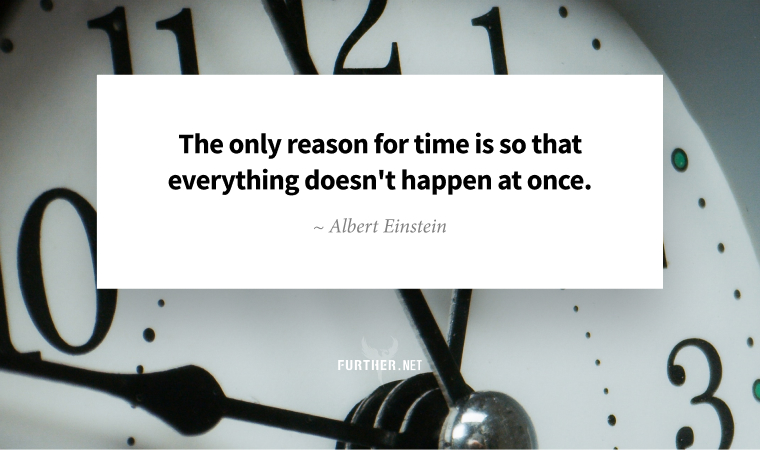
Amid horror and devastation, a ray of hope: the US Senate finally unanimously agreed on something: making daylight savings time (DST) permanent with the “Sunshine Protection Act.”
Never mind that America’s 1974 attempt at year-round DST flopped — it turns out people don’t love dark winter mornings. Plus, sleep experts say that standard time (ST) better matches our circadian rhythms.
The debate continues with the House, but now’s not the time to lose sight of the bigger issue. If there’s anything the recent global challenges have taught us, it’s that we don’t know how much time we have.
So, as Mary Oliver once asked, what are you going to do with your one wild and precious life? Might be time to give that some thought.
Let’s Do the Time Warp
The psychology of time gets into something called “time perspective,” which says the passage of time is subjective and potentially malleable. It varies widely for individuals, depending on culture, social class, geography, and economic situation, among other variables.
According to psychologist Philip Zimbardo, time perception is biased by the overuse of some timeframes and the underuse of others. If you’re too focused on the past or future, you risk missing out on the things that make life meaningful in the present. But a present-only focus can negate the positive aspects of nostalgia and future-focused creativity.
The optimal temporal mix, Zimbardo explains in his TED Talk, The Psychology of Time, hinges on mental flexibility to temporarily shift time perspectives. For example, a past-positive viewpoint can help you feel grounded in your identity, while a future-forward outlook gives you wings to soar. And present-mindedness gives you the energy to explore your world today.
Take Time to Make Time
If you feel like the last couple of Covid-dominated years have robbed you of your valuable time, you’re not alone. But as Tim Urban, creator of the blog “Wait But Why,” explains, there’s a simple way to take back control of your days.
People underestimate not only the amount that they can make up, but they can also get into a habit that multiplies the amount of time they have left with people they love — and doing the things they love.
The illustration Urban gives is time spent with his parents. The first 19 years of his life, it was almost every day. As an adult living far away, it might be ten quality days annually. That places 95% of their time together in the past.
To change that, Urban realized all he had to do was take an extra week to visit them or move closer. When you stop wallowing in regret about what you’ve lost, you orient towards preserving the days you have. Now that’s an excellent use of your time.
Reclaiming time lost to Covid (New York Times Coronavirus Newsletter)
